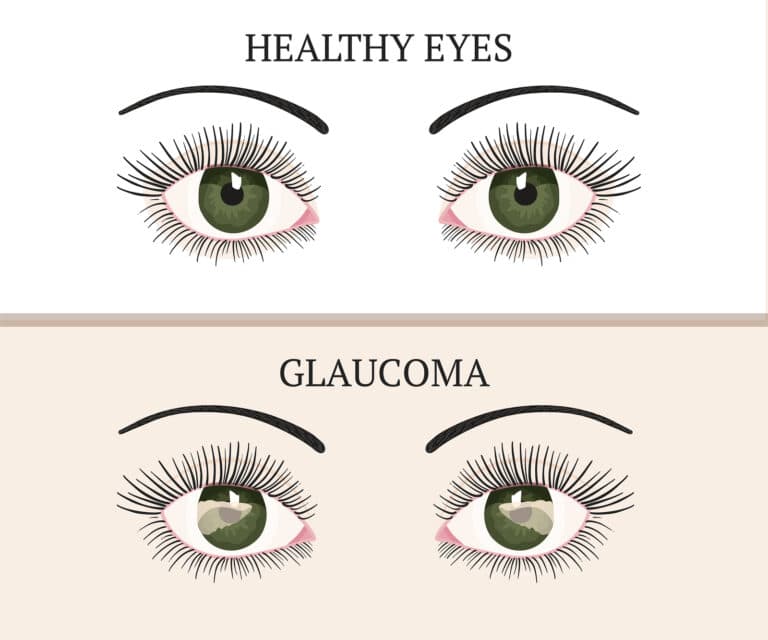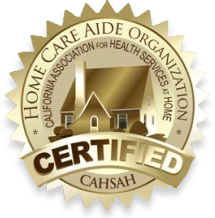Glaucoma is the leading cause of irreversible blindness throughout the United States and affects approximately 3 million people in the country.
If you are a family caregiver for an elderly adult who is caring for a senior who has recently been diagnosed with glaucoma, it is important to support them in managing their condition as much as possible. This includes asking their doctor the right questions and using that information effectively so they can cope with their disease and also reduce their chances of severe consequences such as blindness.
Some questions your senior should ask their doctor about their glaucoma include:
- What is their exact diagnosis? Or, what type of glaucoma do they have?
- What caused their glaucoma?
- What are the treatment options they have available?
- What can they do to reduce the severity of the symptoms?
- What may indicate the glaucoma is getting worse? Or, when should they get in touch with their doctor to talk about worsening symptoms?
- What type of lifestyle changes should they make to manage their disease?
Glaucoma does not have symptoms in its earliest stages, which makes it vital for your parent to get regular eye exams to detect symptoms that may indicate the development of the disease.
If left untreated, glaucoma can lead to blindness, but there are treatments available that can help to protect your senior’s vision as they age with the disease. Talk to their eye doctor about how frequently your parent should go in for an eye examination. It is important they undergo a full pupil dilation exam so the doctor can get full insight into the inner structure of their eyes and note any damage that might indicate the development of glaucoma.
Accompanying your elderly loved one to the doctor is just one of the many ways senior care can help your parent live their best life. A senior home care services provider can help your parent to take control of their health and make good choices to achieve and maintain better health and well-being as they age.
This can include encouraging them to eat a healthy diet and stay properly hydrated, meal and snack preparation, medication reminders, assistance with physical activity, accompanying them to doctor’s appointments to provide support and take notes so you can stay up-to-date on their health and condition. As a family caregiver, this can give you confidence and peace of mind, helping you to feel more secure and know your loved one is getting the highest quality care as they age in place.
If you or an aging loved-one are considering hiring Senior Care in Pleasant Hill, CA, contact the friendly staff at Home Care Professionals today.
Call (866)-940-4855
Source:
Nei.nih.gov
- Liver Cancer Symptoms and Risk Factors - April 24, 2025
- Seven Indicators That Your Loved One Could Benefit from 24-Hour Home Care - April 18, 2025
- Creating Visual Cues to Support Independence for Seniors With Alzheimer’s - April 9, 2025




